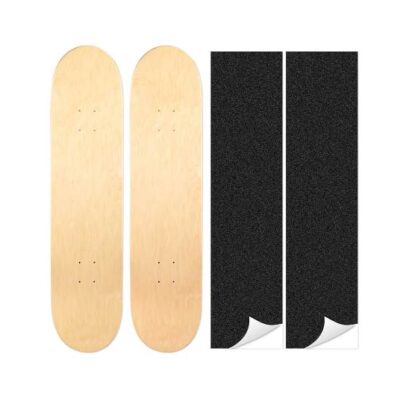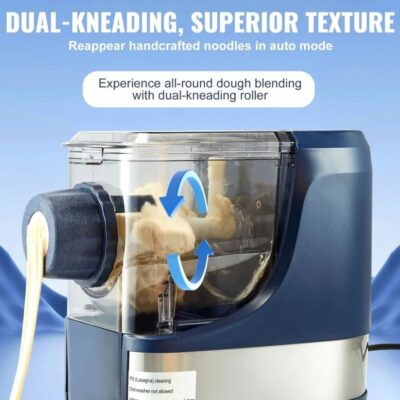How Can I Claim Mileage As a Tax Deduction?

You can write down your business mileage in a spreadsheet or paper document. Keep track of tolls and parking fees. You can also use your phone or apps to record your business trips. These simple steps will help you claim mileage as a tax deduction. Whether you drive or use an employee’s, keep a record of your travel expenses.
Record your business travel on paper or in a spreadsheet
Track business travel expenses on paper or in a spreadsheet. Tracking your business travel expenses allows you to determine areas of excessive spending and cheaper travel options. You can also see trends in your business travel costs, such as seasonality and new national offices. By keeping track of your travel expenses, you can reduce costs and maximize deductions.
It is a big help to log your mileage for taxes easily. Record your business travel trips on a monthly or yearly basis. Your employer or the IRS may request this information in the future. You must document the dates, origin, and destination of business trips, each trip’s time, and the purpose. To help you keep track of your mileage, you can download a mileage log template in PDF format. Use this template to track your business travel expenses.
Keep a record of parking fees and tolls.
Before the Tax Cuts and Jobs Act passed, employees were only eligible to deduct parking fees and tolls up to 2% of their adjusted gross income (AGI). But now, parking fees and tolls are deductible up to 4% of your AGI. To take advantage of this deduction, you must itemize your expenses.
Take receipts for tolls. Make sure you get toll slips if you’re using an electronic pass. You should also make a note if you’ve paid the tolls. You may be able to deduct your parking fees and tolls as a business expense.
Record your business travel on your phone
There are various ways to record your business travel as a tax deduction on the go. You can use mileage tracking apps to document all your business travel. MileIQ is an excellent option as it will automatically log your drives. You can categorize your trips by purpose and generate reports detailing your deductions. Other mileage tracking apps, like TripLog and Everlance require you to enter your trips manually. If you didn’t track your business travel with these apps, you could still claim a mileage tax deduction when filing your taxes.
Mileage tracking helps you track business travel expenses and record mileage. It also generates IRS-compliant reports. These apps make it easy to share and record business travel expenses with your accounting software. You can also use Mileage Tracking to create and upload receipts. The benefits of mileage tracking are apparent. The app helps you record business trips in a simple, efficient, and compliant way.
With business travel, you’ll need to record meals and lodging costs. You can use per-diem rates or actual expenses, depending on the type of travel you’re doing. For example, business travelers who use their vehicles can deduct the cost of operating their cars. The IRS also allows business travelers to remove vehicle operating and maintenance costs. To record business travel expenses on FreshBooks, log your travel expenses in the appropriate location.









